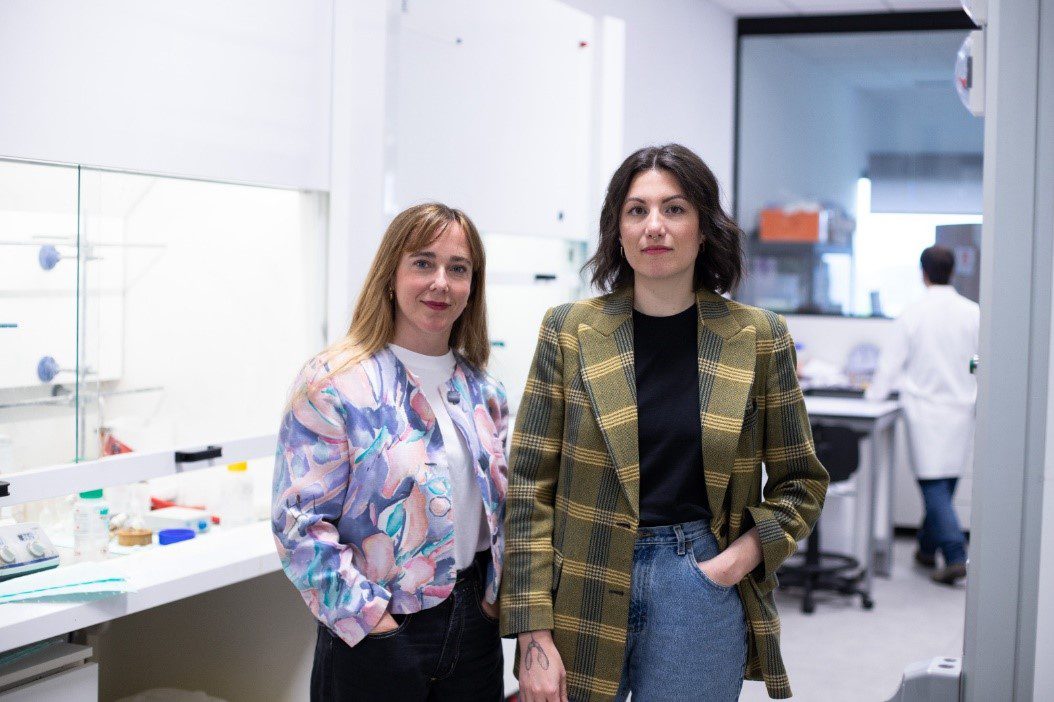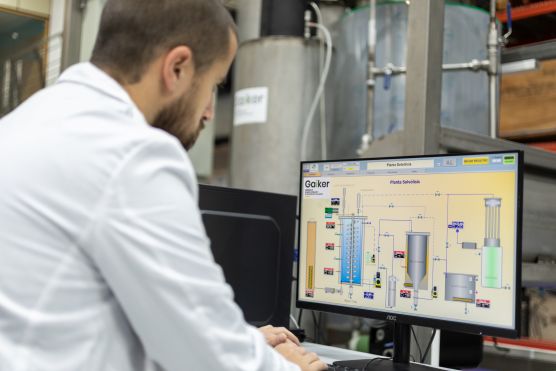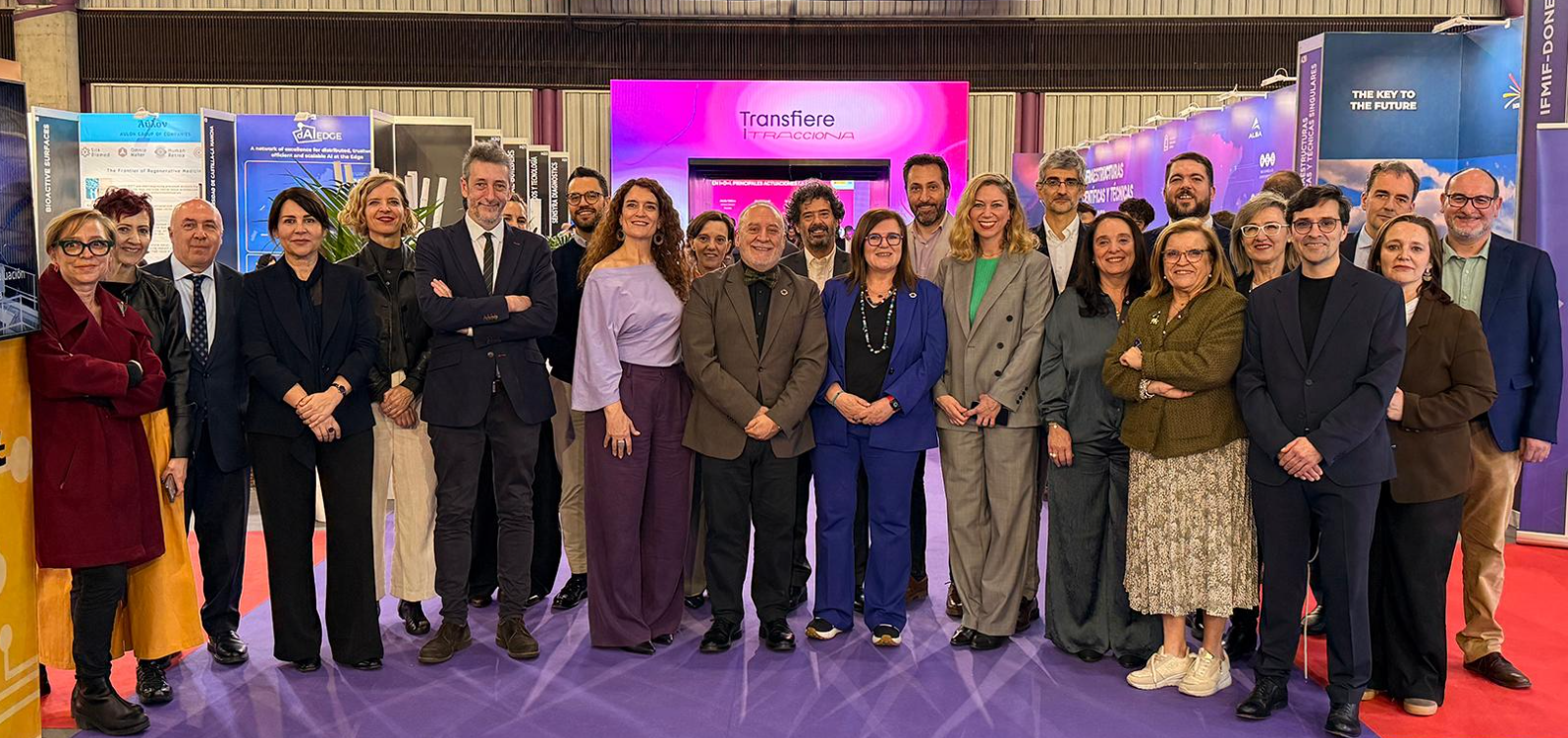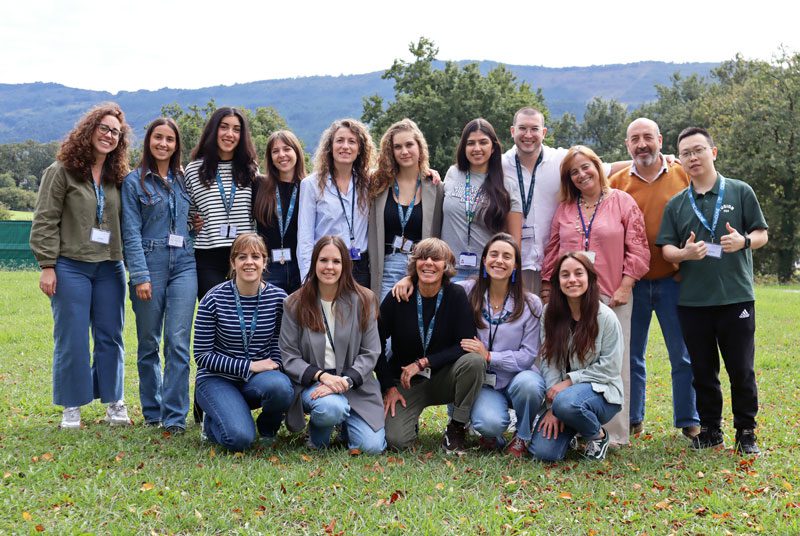AZTI-Tecnalia to collaborate with China Academy of Environmental Sciences in implementation of environmental prevention and recovery programmes for the sea and coast
 AZTI-Tecnalia, the Basque technological centre specialising in marine and food research, has signed a joint working agreement with the China Academy of Environmental Sciences to develop R+D projects for environmental prevention and recovery at sea and on the coast. The agreement is a further example of AZTI-Tecnalia as an international technological centre of reference.
AZTI-Tecnalia, the Basque technological centre specialising in marine and food research, has signed a joint working agreement with the China Academy of Environmental Sciences to develop R+D projects for environmental prevention and recovery at sea and on the coast. The agreement is a further example of AZTI-Tecnalia as an international technological centre of reference.
On the occasion of the visit to the AZTI-Tecnalia installations by the President of the China Academy of Environmental Sciences, accompanied by representatives of various research centres and universities dependant on this institution, a joint working agreement was signed by the two bodies. The agreement is one more step in the commitment by the Chinese Government to find solutions to the environmental implications of the rapid industrial development their country is undergoing. In order to reduce the effects that this growth is having, they have drawn up a framework programme for environmental protection and, being at its implementation stage, they have sought the collaboration and experience of international organisations of reference. This agreement can open opportunities for co-operation in the future for other Basque institutions and businesses interested in the environmental economy in China.
AZTI-Tecnalia will provide the China Academy of Environmental Sciences, and the various research centres that the institution has along the coast of the Asian country, with its technology, tools, methods of study and know-how in coastal and marine environment matters, the goal being to achieve sustainable development for the Asian country. AZTI-Tecnalia will collaborate with managers of the Chinese Government in order to take the most appropriate decisions in each case and achieve better protection for its coasts and seas. The collaboration is fundamentally focused on two spheres: research applied to sustainable coastal development and the observation, analysis and prediction of the behaviour of the sea. Training and personnel interchange is also planned, with various annual seminars to be held in China.
Amongst the activities that AZTI-Tecnalia and the Academy of Environmental Sciences of China propose undertaking is the incorporation of real-time monitoring systems for marine processes. The aim of this is to gather data in an ongoing manner in order to be able to assess current behaviour and predict the future behaviour of the sea and the estuaries, in such a way that the impact of human action on the sea and the coast can be managed and evaluated in the most appropriate way. AZTI-Tecnalia already has experience in monitoring the sea thus, thanks to the Kostasystem project, implemented locally at various beaches in the Basque Country and also in the Canary Islands.
This environmental monitoring of the sea and the estuaries will also be undertaken with sampling stations for measuring water quality and with the measurement of the currents, tides and waves. Another planned action is the development of methods for the evaluation of environmental impact, especially with reference to human activities, such as public works along the coast and marine energy infrastructure.
Use of Azti’s Marine Biotic Index in China
The marine authorities in China are currently studying the possibility of officially employing a tool created by AZTI-Tecnalia for evaluating the ecological state of the quality of the sea and the estuaries. This is AMBI (the Azti Marine Biotic Index), software that contains data on more than 6,000 species throughout the planet, and which has had great repercussion and use worldwide).




